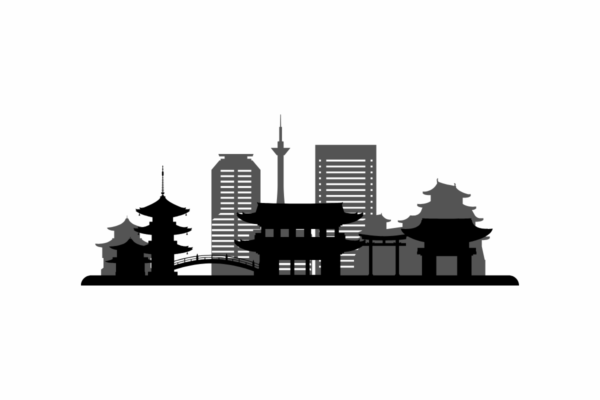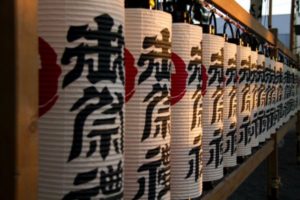Do you dream of living in Japan? If yes, accommodation is the first thing you should consider before moving. Living in a hotel is convenient for a few days’ visit. But if you intend to stay for several months, renting a house would be more affordable. So how do you rent an apartment in Japan? Here’s what you need to know.
Contact A Real Estate Agency

Let’s say you’ve never been to Japan, and you probably don’t know anyone in the country. Typically, some house owners require you to have a Japanese co-signer or guarantor to secure an apartment just like in apartmentguide.com. Plus, the language barrier can also complicate the process. Bearing such concerns in mind, partnering with an agency that deals with foreigners can simplify your work.
Therefore, search for an English-speaking real estate agency like Apartment Japan. The agency will act as an intermediary between you and the landlord. Then, specify your preferences in a house, considering your budget and the number of people moving in with you. Moreover, you may want to consider the following:
- Whether you want gas and electricity or electricity only. Gas is cheaper, but all-electric is safer
- The room type, size, and layout (Japanese or western)
- Type of bathroom and toilet. They can be separate or in one unit
- Availability of air conditioning
- Whether you have a pet or not
After specifying your requirements, the real estate agent will find a suitable home and send you details of the apartment.
Complete the Paperwork

After getting an apartment, you’ll need to provide a copy of your passport and visa to verify your identity. Depending on the agency, you may need to provide additional documents, such as:
- Letter of employment
- Certificate of eligibility
- Three months’ pay slips
- Tax withholding slip
- A copy of your bank statement
The main obstacle you might face as a foreigner is finding a Japanese guarantor. Fortunately, not all apartments require that. But if they do, you can still get an external company to co-sign for you at a fee. A guarantor undertakes to pay the house owner if you fail to pay rent, cause damages, or leave the country without notice.

Initial payment is usually the highest cost. It can go as high as 5 or 6 months’ rent. Here’s a breakdown of what you might pay in the first month.
- Security deposit. It’s a one-time refundable amount payable when you move to a new apartment. The amount is equal to 1 or 2 months’ rent.
- The first rent. The first month’s rent depends on the remaining days before the end of the month.
- Brokerage fee. It’s the amount you pay to the real estate agency. It doesn’t exceed a month’s rent. And sometimes it can be half of a month’s rent or free.
- Appreciation money. It’s a non-refundable amount payable to the landlord as gratitude according to Japanese custom. The amount is equal to 1 or 2 months’ rent. But it’s not payable in all cases.
- Insurance. It’s a common requirement for most apartments. An insurance fee may cover water and fire damage. But an insurance policy to restore your property from water damage is only necessary if you live in a flood-prone apartment.
- Guarantor’s fee. If you use a company guarantor, expect to pay around half a month’s rent in fees.
Once you make your first payment, you can move in as soon as possible. Ensure you check the apartment rules, especially regarding pets. Plus, consider making some Japanese friends. They’ll help to bridge the language gap as you navigate your way in the new environment.



































